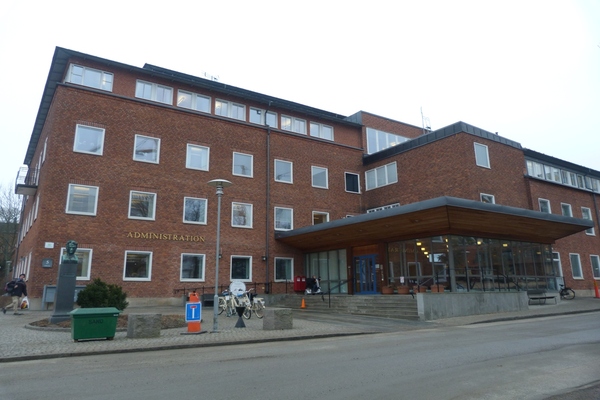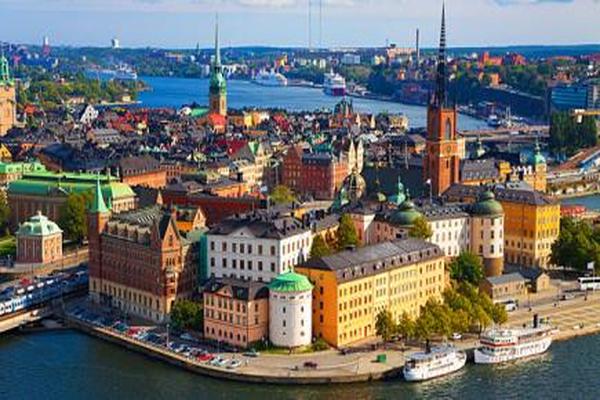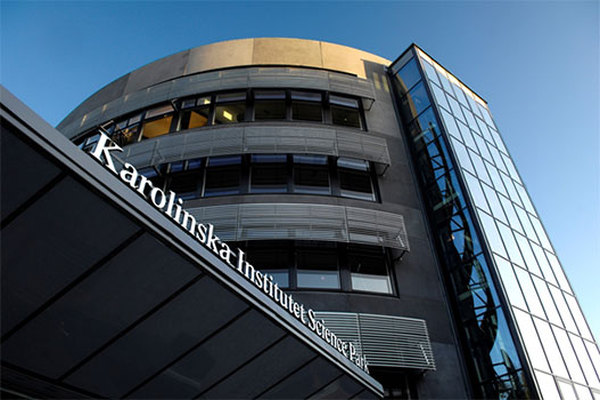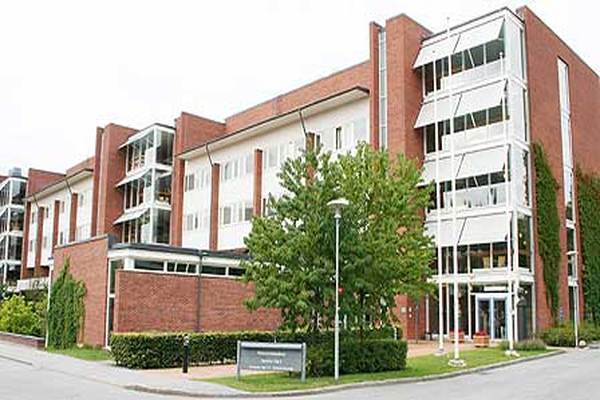University Rankings
- QS World University Rankings 49
- Times Higher Education World University Rankings 38
- Academic Ranking of World Universities 6
- QS Sustainability Ranking 33




1. Overview and History
Karolinska Institutet, often shortened to KI, was founded in 1810 by King Karl XIII of Sweden as a training institute for army surgeons. It has since evolved into a prominent medical university with a broad scope encompassing education and research in medicine, biomedicine, dentistry, and other related fields. Throughout its history, KI has played a significant role in advancing medical knowledge and practice, consistently ranking among the top medical universities globally.
2. Campus and Facilities
KI’s main campus is located in Solna, just north of Stockholm, offering state-of-the-art facilities including modern laboratories, simulation centers, and a university hospital. The campus also houses libraries, student unions, and recreational areas. Another campus is situated in Huddinge, south of Stockholm, focusing on clinical training and research. The campuses provide a stimulating and collaborative environment for learning and innovation.
3. Academic Programs
Karolinska Institutet offers a wide range of academic programs at bachelor’s, master’s, and doctoral levels in medicine, biomedicine, dentistry, psychology, nursing, midwifery, physiotherapy, audiology, optometry, occupational therapy, and toxicology. The university comprises several departments and research centers, each specializing in specific areas of expertise.
4. Research and Innovation
KI is renowned for its groundbreaking research in various fields, including stem cell biology, immunology, neuroscience, cancer research, and public health. The university has a strong track record of scientific discoveries and innovations, contributing significantly to advancements in healthcare and medical technology. It actively fosters collaborations with industry and other academic institutions, both nationally and internationally.
5. Internationalization
KI has a strong international presence, attracting students and researchers from around the globe. The university offers several international master’s programs taught in English and actively participates in international research collaborations and exchange programs. KI’s commitment to internationalization enriches the learning and research environment, fostering a global perspective on health challenges.
6. Student Life
Student life at KI is vibrant and diverse, with numerous student clubs and organizations catering to various interests. The student union provides support services, organizes social events, and represents students’ interests within the university. Stockholm, as a dynamic and culturally rich city, offers students ample opportunities for leisure activities, cultural experiences, and networking.
7. Admissions and Tuition
The admissions process at KI is competitive and based on academic merit. Specific requirements vary depending on the program. Tuition fees apply for non-EU/EEA students, while education is generally free for Swedish and EU/EEA citizens. Detailed information on admissions requirements and tuition fees is available on the university’s website.
8. Notable Alumni and Achievements
Notable alumni of KI include Hugo Theorell (Nobel laureate in Physiology or Medicine), Torsten Wiesel (Nobel laureate in Physiology or Medicine), and Rolf Luft (pioneer in diabetes research).
News & Updates
 Timeless Learning: Unveiling Oxford’s Unique Tutorial System and Academic Excellence
Timeless Learning: Unveiling Oxford’s Unique Tutorial System and Academic Excellenceby Piyush Chauhan
December 20, 2025
 Innovating Tomorrow: Discovering Cutting-Edge Research and Urban Life at UCL
Innovating Tomorrow: Discovering Cutting-Edge Research and Urban Life at UCLby Piyush Chauhan
December 20, 2025
 Beyond Textbooks: Experiencing Vibrant Campus Life at an American University
Beyond Textbooks: Experiencing Vibrant Campus Life at an American Universityby Piyush Chauhan
December 20, 2025
 Navigating Complexity: Oxford’s Insights on Global Policy and Ethical AI Challenges
Navigating Complexity: Oxford’s Insights on Global Policy and Ethical AI Challengesby Piyush Chauhan
December 19, 2025
 Engineering Tomorrow: MIT’s Breakthroughs in AI and Robotics Transforming Industries
Engineering Tomorrow: MIT’s Breakthroughs in AI and Robotics Transforming Industriesby Piyush Chauhan
December 19, 2025
Courses & Fees
| Course Name | Duration | Fees (in ₹) |
|---|---|---|
| Master's Programme in Global Health | 2 years | 4,40,000 |
| Master's Programme in Biomedicine | 2 years | 4,40,000 |
| Bachelor's Programme in Physiotherapy | 3 years | 6,00,000 |
Frequently Asked Questions
Karolinska Institutet is renowned for its world-leading medical education and research, particularly in areas like stem cell research, immunology, and neuroscience. It's also responsible for selecting the Nobel Laureates in Physiology or Medicine.
Yes, admission to KI is highly competitive due to its prestigious reputation and limited number of places. Applicants need a strong academic background and often relevant experience to be considered.
While Swedish is the primary language of instruction for many programs, KI offers several international master's and doctoral programs taught entirely in English.
Karolinska Institutet has two main campuses: Solna, located just north of Stockholm city center, and Huddinge, situated south of Stockholm.
KI offers a range of support services for international students, including assistance with accommodation, visa applications, language courses, and integration into Swedish culture.
Video Highlights

Karolinska Institutet - A Medical University
